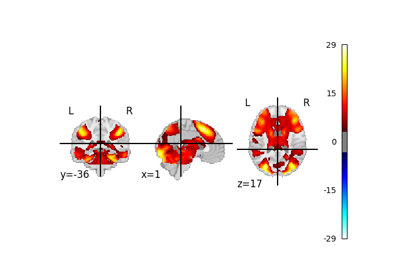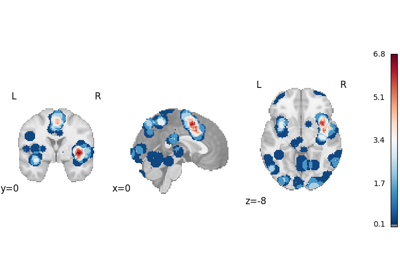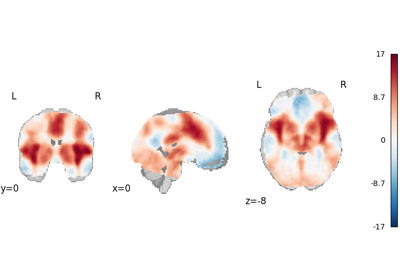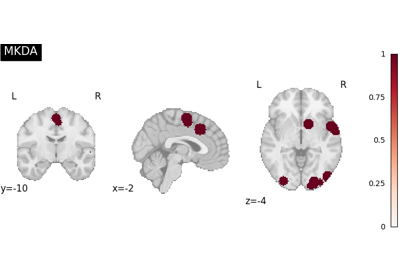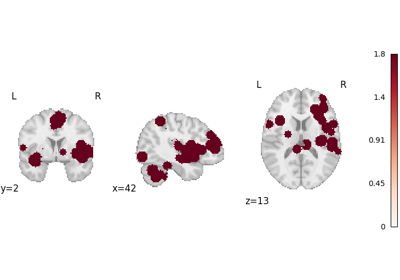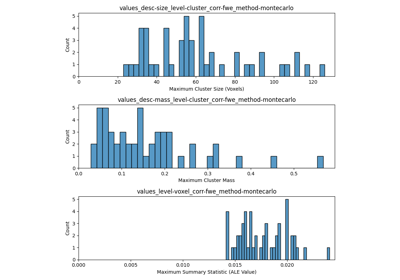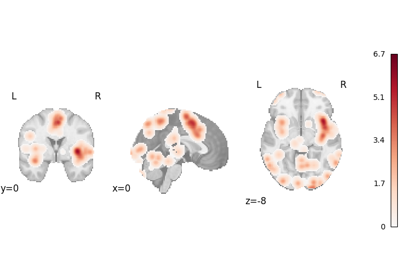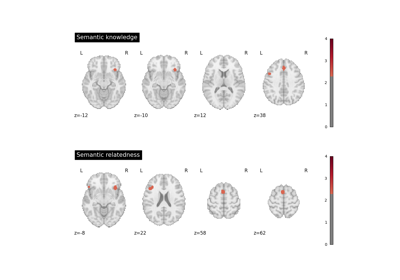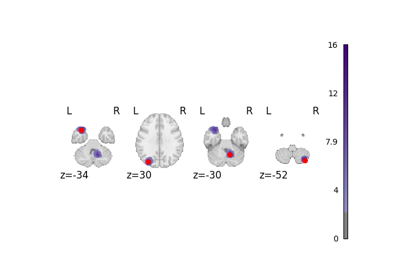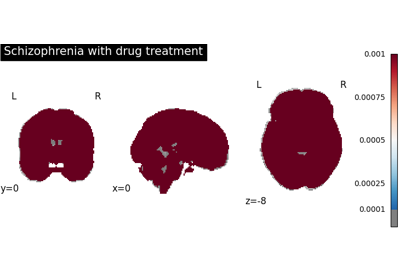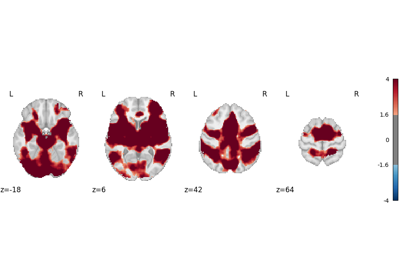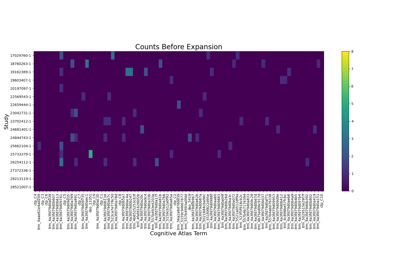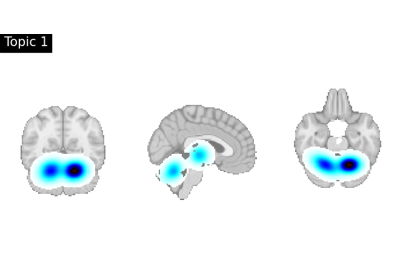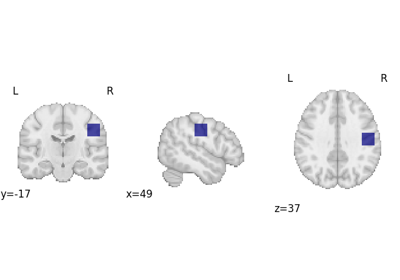nimare.base.NiMAREBase
- class NiMAREBase[source]
Bases:
CacheMixinBase class for NiMARE.
This class contains a few features that are useful throughout the library:
Custom __repr__ method for printing the object.
get_params from scikit-learn, with which parameters provided at __init__ can be viewed.
set_params from scikit-learn, with which parameters provided at __init__ can be overwritten. I’m not sure that this is actually used or useable in NiMARE.
save to save the object to a Pickle file.
load to load an instance of the object from a Pickle file.
TODO: Actually write/refactor class methods. They mostly come directly from sklearn https://github.com/scikit-learn/scikit-learn/blob/ 2a1e9686eeb203f5fddf44fd06414db8ab6a554a/sklearn/base.py#L141
Methods
get_params([deep])Get parameters for this estimator.
load(filename[, compressed])Load a pickled class instance from file.
save(filename[, compress])Pickle the class instance to the provided file.
set_params(**params)Set the parameters of this estimator.
- classmethod load(filename, compressed=True)[source]
Load a pickled class instance from file.
- Parameters:
- Returns:
obj – Loaded class object.
- Return type:
class object
- set_params(**params)[source]
Set the parameters of this estimator.
The method works on simple estimators as well as on nested objects (such as pipelines). The latter have parameters of the form
<component>__<parameter>so that it’s possible to update each component of a nested object.- Return type:
self
Examples using nimare.base.NiMAREBase
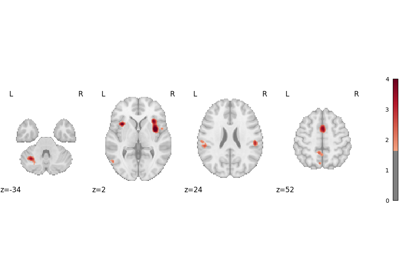
Run a coordinate-based meta-analysis (CBMA) workflow

